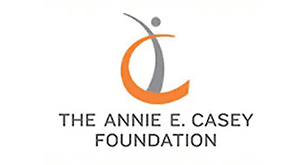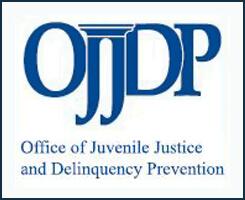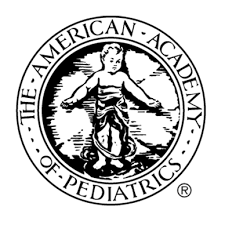The American Bar Association’s Center on Children and the Law hosted a webinar, “What Child Welfare Agencies Can Do to Support Reunification,” on resource and foster caregivers’ roles in the reunification process. The session focused on how child welfare agencies can facilitate … Read More
Attorneys

The Importance of Father Engagement in Family-Centered Reunification
In January 2024, the National Quality Improvement Center on Family-Centered Reunification (QIC-R) presented a webinar, “Building a Culture of Father Engagement to Enrich Family-Centered Reunification,” which focused on the importance of including fathers in the child welfare system. The webinar reviews the … Read More

Birth and Foster Parent Partnership: Directory of Strategies and Resources
The Birth and Foster Parent Partnership (BFPP) was formed in 2016 to support birth parents, foster families and kinship care providers in building connections and using their voices to transform systems, policies, and practices to improve permanency outcomes for children … Read More

Psychotropic Polypharmacy Trends Rise Among Child, Adolescent Medicaid Beneficiaries
The results of a study examining trends in psychotropic polypharmacy among youths enrolled in Medicaid indicated that there has been a rise in the concomitant use of multiple psychotropic medications in this patient population. According to the study’s investigators, psychotropic … Read More

Moving Beyond Legal Permanency
Child welfare professionals have traditionally focused on identifying and establishing legal permanency on federally established timelines for young people determined to be unable to return to the care of their parents. However, focusing mostly on legal permanency may result in … Read More

Leveraging Technology to Empower Families: Supporting Foster Parents’ Essential Role in Child Welfare
Within the world of child welfare, foster parents (including those providing kinship and relative foster care) are often the unsung heroes in the lives of many children and young adults. Sometimes, with little advance notice or under challenging circumstances, these … Read More

Analysis From a State-by-State Survey of Kinship Care Policies
A recent survey conducted by Child Trends for the Annie E. Casey Foundation sheds light on the evolving landscape of kinship care policies across states, the District of Columbia, and Puerto Rico. To be released in a five-part series of … Read More

Methodological Research to Support the National Survey of Children’s Exposure to Violence
This report describes comprehensive efforts to review and assess the National Survey of Children’s Exposure to Violence (NatSCEV) and recommends alternate approaches. The NatSCEV study design and methodology warranted reassessment. One reason for this reassessment is because response rates have … Read More

QIC-EY NOW Clips and Tips
Quality Improvement Center on Engaging Youth in Finding Permanency QIC NOW READ MORE

Family Engagement in Systems Change: Use of a New Assessment Tool in Quality Improvement
In 1987, Surgeon General C. Everett Koop’s Report on Children with Special Health Care Needs1 proposed a series of action steps toward achieving “comprehensive, coordinated, family-centered, community-based services for children with special needs and their families.” The action steps stressed the … Read More
